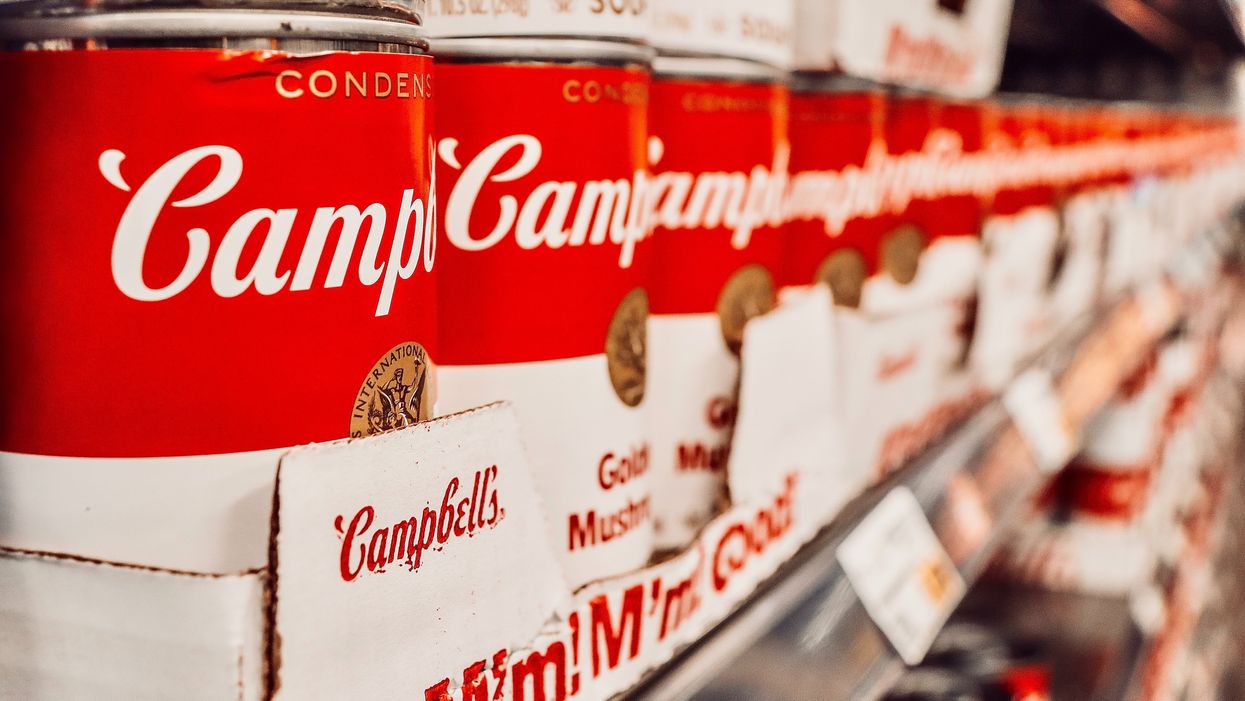Economy
06 March 2023
This Week in Commerce: Expo West, Campbell and Ulta earnings
Check out the calendar for March 6-10.

Photo by Kelly Common on Unsplash
Check out the calendar for March 6-10.

Welcome to a new week. International Women’s Day arrives March 8, so make sure to take a moment to celebrate the achievements and show gratitude to the women on your team. The CPG industry is gathering in Anaheim for Expo West. Meanwhile, a fresh batch of earnings reports will provide updates on retail, CPG and DTC.
Future Stores: The conference focuses on in-store innovation, with keynotes from leaders at Mars, L'Oreal, Starbucks and Casper. (March 5-7)
Natural Products Expo West: New Hope Network presents a tradeshow for CPG and retail professionals in the natural products industry. Expect a massive expo to view the latest trends, education and more. (March 7-11)
Fed Chair testifies: Federal Reserve Chairman Jerome Powell is set to testify before the US House Financial Services Committee. Powell is likely to field questions from members of Congress about the trajectory of inflation, and the Fed’s next rate hike. (March 8, 10 a.m.)
JOLTs: The U.S. Labor Department reports on job openings and turnover for January 2023. (March 8, 10 a.m.)
Jobs report: The U.S. Bureau of Labor Statistics reports data on new jobs created, the unemployment rate and wages. The job market is a key indicator of consumer demand. (March 10, 8:30 a.m.)
Tues., March 6: Dick’s Sporting Goods, SquareSpace.
Wed., March 7: Campbell Soup Co., Vera Bradley.
Thurs., March 8: Allbirds, Build-A-Bear, American Outdoor Brands, Solo Brands, BJ’s Wholesale Club, Ulta Beauty, Jones Soda, Zumiez.
Campbell Soup Company CEO Mark Clouse offered thoughts on messaging amid inflationary shifts in consumer behavior.
After months of elevated inflation and interest rate hikes that have the potential to cool demand, consumers are showing more signs of shifting behavior.
It’s showing up in retail sales data, but there’s also evidence in the observations of the brands responsible for grocery store staples.
The latest example came this week from Campbell Soup Company. CEO Mark Clouse told analysts that the consumer continues to be “resilient” despite continued price increases on food, but found that “consumers are beginning to feel that pressure” as time goes on.
This shows up in the categories they are buying. Overall, Clouse said Campbell sees a shift toward shelf-stable items, and away from more expensive prepared foods.
There is also change in when they make purchases. People are buying more at the beginning of the month. That’s because they are stretching paychecks as long as possible.
These shifts change how the company is communicating with consumers.
Clouse said the changes in behavior are an opportunity to “focus on value within our messaging without necessarily having to chase pricing all the way down.”
“No question that it's important that we protect affordability and that we make that relevant in the categories that we're in," Clouse said. "But I also think there's a lot of ways to frame value in different ways, right?”
A meal cooked with condensed soup may be cheaper than picking up a frozen item or ordering out. Consumers just need a reminder. Even within Campbell’s own portfolio, the company can elevate brands that have more value now, even if they may not always get the limelight.
The open question is whether the shift in behavior will begin to show up in the results of the companies that have raised prices. Campbell’s overall net sales grew 5% for the quarter ended April 30, while gross profit margins held steady around 30%. But the category-level results were more uneven. U.S. soup sales declined 11%, though the company said that was owed to comparisons with the quarter when supply chains reopened a year ago and expressed confidence that the category is seeing a longer-term resurgence as more people cook at home following the pandemic. Snacks, which includes Goldfish and Pepperidge Farm, were up 12% And while net sales increased overall, the amount of products people are buying is declining. Volumes were down 7%.
These are trends happening across the grocery store. Campbell is continuing to compete. It is leading with iconic brands, and a host of different ways to consume them. It is following that up with innovation that makes the products stand out. Then, it is driving home messaging that shows consumers how to fit the products into their lives, and even their tightening spending plans.
Campbell Soup is more than 150 years old, and has seen plenty of difficult economic environments. It is also a different business today, and will continue to evolve. At the end of the day, continued execution is what’s required.
“If it's good food, people are going to buy it, especially if it's a great value,” Clouse said.